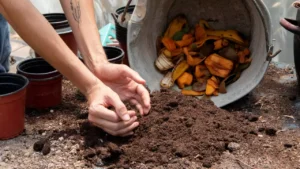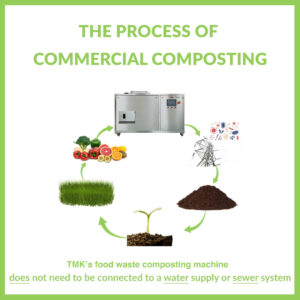
How much is your food waste costing your business?
Food waste can be categorized into two types: unavoidable and avoidable. Unavoidable waste includes eggshells, bones, peels, and other items that cannot be eaten, even if they can be re-purposed. Avoidable waste includes uneaten food on plates, half-eaten lasagne trays at buffets, spoiled vegetables that were ordered but not cooked, and items that were forgotten about and went moldy in the back of the fridge. The goal of any kitchen is to reduce unavoidable waste and eliminate avoidable waste. Both types of waste cost money and are linked. For example, eggshell waste is directly related to how many eggs are cooked. If too many eggs are cracked, the “unavoidable” eggshell waste is essentially “avoidable”. It is essential to recognize that food waste has





